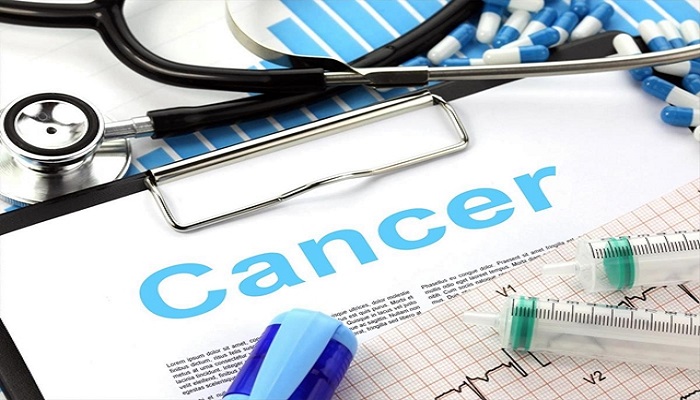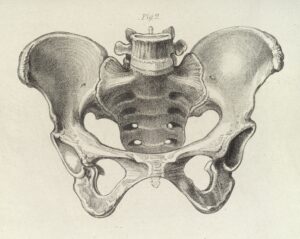Family History of Cancer Understanding Your Risk – Cancer is a disease that affects millions of people worldwide. While the causes of cancer are not always known, one risk factor that has been identified is a family history of the disease. In this article, we will explore what it means to have a family history of cancer, how it can increase your risk of developing cancer, and what you can do to manage your risk.
Family History of Cancer: Understanding Your Risk
What Is a Family History of Cancer?
A family history of cancer refers to the presence of cancer in one or more members of a family. This can include parents, siblings, grandparents, aunts, uncles, and cousins. When multiple members of a family have been diagnosed with cancer, it may suggest that there is a genetic predisposition to the disease.
How Does a Family History of Cancer Increase Your Risk?
Having a family history of cancer can increase your risk of developing the disease in several ways. First, certain genetic mutations can be passed down from one generation to the next, increasing the likelihood of developing cancer. Second, environmental factors that contribute to cancer risk may also be shared among family members, such as exposure to carcinogens or lifestyle factors like smoking or poor diet.
Which Types of Cancer Are Associated with Family History?
Several types of cancer have been associated with a family history of the disease, including breast cancer, ovarian cancer, colorectal cancer, pancreatic cancer, prostate cancer, and melanoma. However, it is important to note that just because a family member has been diagnosed with cancer does not necessarily mean that you will develop the same type of cancer.
How Can You Manage Your Risk?
If you have a family history of cancer, there are several steps you can take to manage your risk. The first step is to talk to your doctor about your family history and any concerns you may have. Your doctor can help you determine your level of risk and recommend appropriate screening tests or other preventative measures.
Additionally, you can take steps to reduce your risk of developing cancer by making healthy lifestyle choices. This includes eating a balanced diet, maintaining a healthy weight, getting regular exercise, avoiding tobacco and excessive alcohol consumption, and protecting your skin from the sun.
If you are at a higher risk of developing cancer due to your family history, your doctor may recommend genetic counseling or testing to help determine if you have any genetic mutations that increase your risk. Based on the results of these tests, your doctor may recommend more frequent screening tests or other preventative measures.
The Importance of Early Detection
One of the most important factors in treating cancer is early detection. If you have a family history of cancer, it is important to be aware of any signs or symptoms that may indicate the presence of the disease. This includes things like lumps or bumps, changes in bowel or bladder habits, unexplained weight loss, persistent cough or hoarseness, and unusual bleeding or discharge.
If you notice any of these symptoms, it is important to talk to your doctor right away. Early detection and treatment can significantly improve your chances of successfully treating cancer and achieving a positive outcome.
Conclusion
Having a family history of cancer can be concerning, but it is important to remember that not everyone with a family history will develop the disease. By taking steps to manage your risk, including talking to your doctor, making healthy lifestyle choices, and being aware of any signs or symptoms, you can take control of your health and reduce your risk of developing cancer.
FAQs
What is a family history of cancer?
- A family history of cancer refers to the presence of cancer in one or more members of a family.
How does a family history of cancer increase your risk?
- Having a family history of cancer can increase your risk of developing the disease in several ways, including genetic mutations and shared environmental factors.




